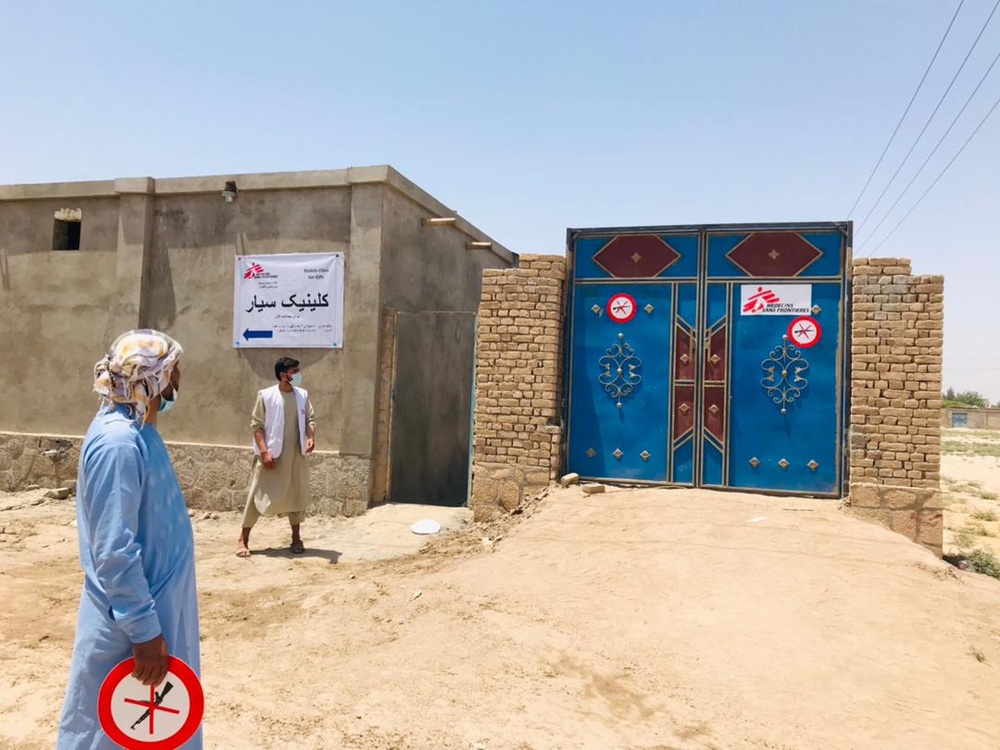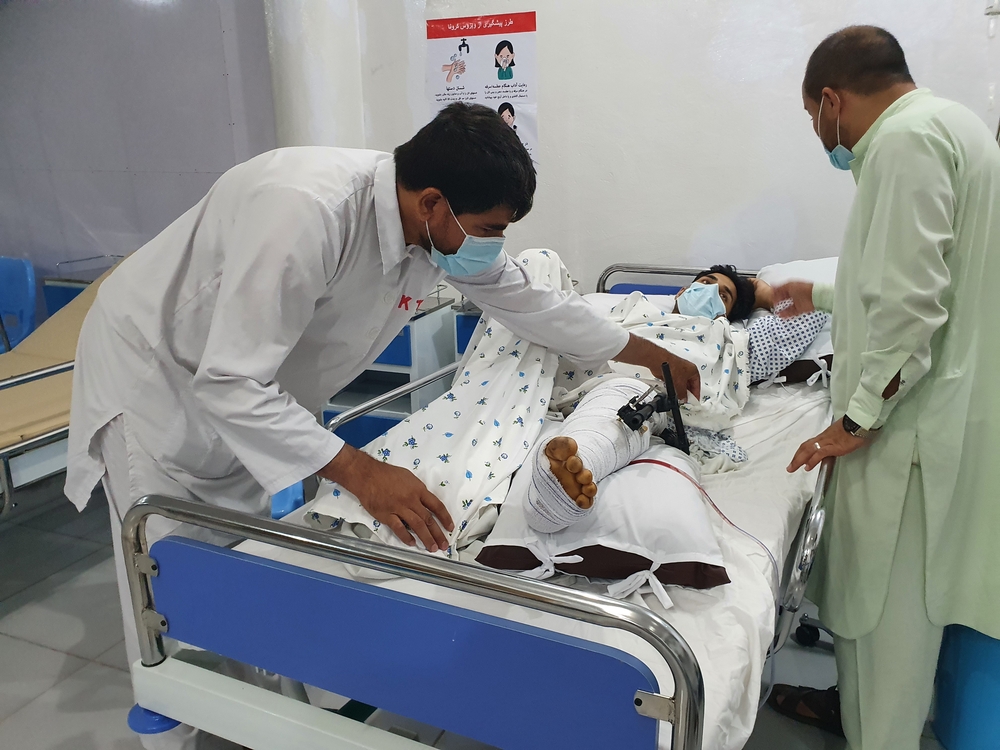As United States forces withdraw from Afghanistan, putting an end to the longest war in U. S. history, a new era has begun again for a country that has seen invading forces come and go over the centuries.
The news has been dominated by the Taliban forces swiftly taking control of the provincial capitals and seizing Kabul unopposed, as well as the sight of western embassies packing up, Afghans desperately trying to leave, the spectacle of foreigners fleeing en masse and many NGOs ceasing to operate. In contrast to these scenes, Médecins Sans Frontières (MSF) and a handful of other humanitarian agencies have maintained their presence and activities at the height of the fighting, providing lifesaving assistance to the sick and wounded.
How has this been possible? MSF has had successes and failures in Afghanistan, but the core of our approach has remained the same: we would only work if we had the explicit agreement of all parties to the conflict. That included the Taliban, the US forces, the Afghan National Army and in some cases local militia groups. Our principles of neutrality, independence and impartiality, that can at times seem abstract, were operationalised by talking to all sides, refusing funding from governments, clearly identifying ourselves so as not to be confused with other groups that may have other interests and by making our hospitals weapon free zones. Whoever came to a privately funded MSF hospital had to literally leave their gun at the door.



